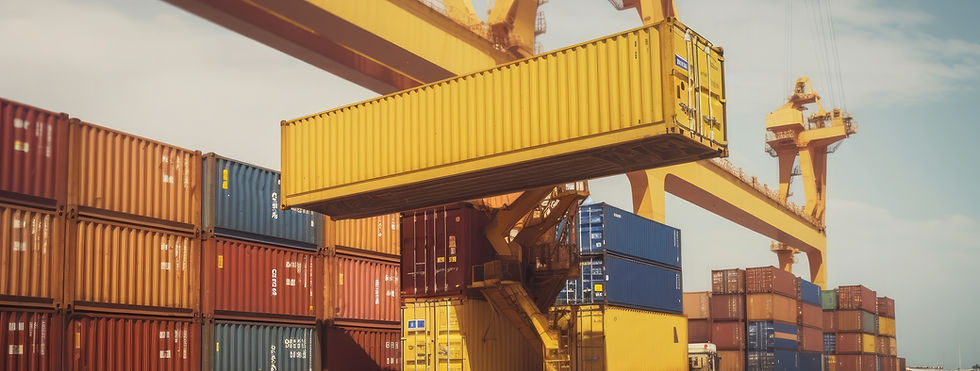Marine Insurance in the Philippines

Marine insurance is essential for the smooth operation of maritime businesses, providing financial protection against unforeseen risks such as damage to cargo, loss of vessels, piracy, and other perils of the sea that could lead to substantial economic losses.
What is Marine Insurance?
Marine insurance provides coverage for ships, cargo, freightage, profits and other transport vehicles against potential losses or damages during transit.
Especially if your business is involved in shipping or cargo transport in the Philippines, a cargo transporter or ship owner, marine insurance is essential for safeguarding your assets.

What risks or perils does Marine Insurance usually cover?
Marine Insurance offers a wide range of coverage, extending from fire and natural disasters to acts of piracy and unlawful interference by hostile entities. These are namely:
-
Fire
-
Collision
-
Stranding
-
Grounding
-
Sinking
-
Heavy Weather or other Unusual Forces of Nature
-
Jettison
-
Pirates and thieves
Marine Insurance Classifications:

Cargo Insurance
This refers to insurance on goods or movables. According to the Rules of Construction of Policy, the term goods means goods in the nature of merchandise, and does not include personal
effects or provision and stores for use on board.

Hull Insurance
This refers to insurance on the actual ship, directly caused by accidents in loading, discharging or shifting cargo or fuel; explosions on shipboard or elsewhere; provided such loss or damage has not resulted from want of due diligence by the assured owners or managers.

Freight Insurance
This refers to insurance on freight. The rules for construction of policy defines freight as including the profit derivable by shipowner from the employment of his ship to carry his own goods or movables, as well as freight payable by a third party, but does not include passage money.
Types of Marine Insurance Policies in the Philippines
Open Policy
A marine open policy is a type of marine insurance policy which covers cargo across multiple shipments made over the course of a year. It is an efficient and cost-effective policy for businesses and individuals who need to make multiple shipments frequently.
Single-transit policy
A single-transit policy protects cargo during a single journey. The insured gets coverage for a specific voyage only.
Other types of Marine Losses
Salvage Charges
Award given to a third party or salvors who voluntarily and independently of contract, preserve maritime property from a a peril insured against
Sue and Labor Charges
Expenses incurred because of a Sue and Labor Act. These expenses are meant to avoid deterioration or further loss or damage recoverable under the policy. The insured's duty to take reasonable measures for the purpose of minmizing a loss, provided the loss is caused by the perils insured against
General Average Sacrifice
Covers loss or damage to the cargo sacrificed during a General Average situation, provided the action must be (in time of damage) extraordinary, international buy reasonable to save the ship and/or cargo in the maritime adventure.
Marine Insurance Requirements and Information Needed
Securing Marine Insurance in the Philippines involves meeting specific requirements to ensure comprehensive coverage. These requirements typically include:
Marine Cargo Insurance Requirements:
Accurate Valuation of Cargo
Ensure the accurate valuation of the cargo and determine the appropriate coverage amount. Underestimating the value can lead to insufficient coverage.
Proper Documentation
Maintain detailed and accurate documentation for all marine activities, including shipping manifests, bills of lading, details of packaging and cargo receipts.
Risk Assessment and Management
Conduct thorough risk assessments to identify potential hazards and implement effective risk management strategies. Insurance providers may require evidence of such assessments.
